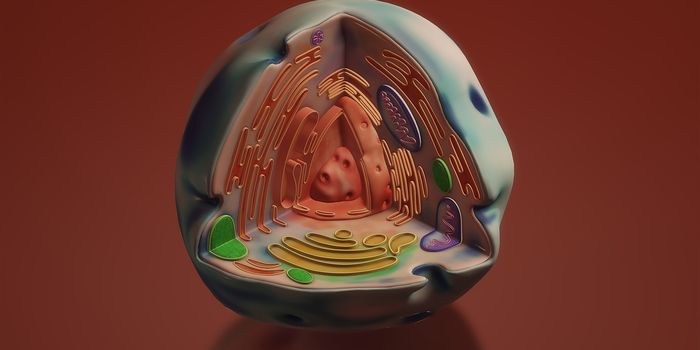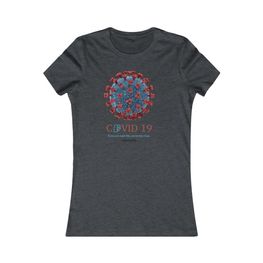Diabetes and cancer are two common diseases that share many similar risk factors. People with diabetes are also at higher risk of developing many types of cancer. While both diseases impact an increasing number of people each year, the possibility of a drug that can mitigate both cancer and diabetes in patients would be very enticing.
A report recently published in the Mayo Clinic Proceedings demonstrates a possible new application for an established chemotherapy called dasatinib. Approved by the FDA in 2006 to treat acute myeloid leukemia, dasatinib is a small molecule inhibitor that can easily enter cells and act on proteins inside the cell. Dasatinib’s anti-cancer effects are mediated when the drug binds to and inhibits tyrosine kinases, proteins that promote tumor growth.
The researchers performed a retrospective stud, a type of study that looks back at data that has already been collected to investigate a new scientific question. In this study, the research team identified patients with type 2 diabetes mellitus who were treated with either dasatinib or imatinib, another tyrosine kinase inhibitor. They examined the patients’ medical records to collect data on health outcomes, including weight, serum glucose concentration, and A1c levels.
The study found that serum glucose concentration was about 40 mg/dL lower in patients treated dasatinib compared to those treated with imatinib. The dasatinib-treated patients also lost, on average, 5 kg, or about 5% of total body weight. Additionally, A1c levels were reduced in dasatinib-treated patients.
The investigators noted some limitations to their study. A major limitation is highlighted by the fact that all the patients in the study were being treated for underlying cancer. The authors did not have information on how aggressive each patient’s cancer presented. However, because all patients included in the study had received at least one year of tyrosine kinase therapy, any patient who was not responding to the therapy would have likely tried an alternative therapy and thus would not be included in the study. Additionally, the study's retrospective nature did not allow the investigators to consider other interventions impacting diabetic indicators, such as exercise and diet.
Further study is needed to confirm the effectiveness of dasatinib as a diabetes medication and understand the potential mechanisms underlying the observed effects. This study provides the rationale for further investigating this chemotherapy drug's potential repurposing to benefit diabetic patients.
Sources: risk factors, higher risk, Mayo Clinic Proceedings, dasatinib, small molecule inhibitor, imatinib
-
APR 30, 2024Immuno-Oncology Virtual Event Series 2024
-
MAY 07, 20243rd International Biosecurity Virtual Symposium
-
SEP 03, 2024Microbiology Week Virtual Event Series 2024
- See More


















































